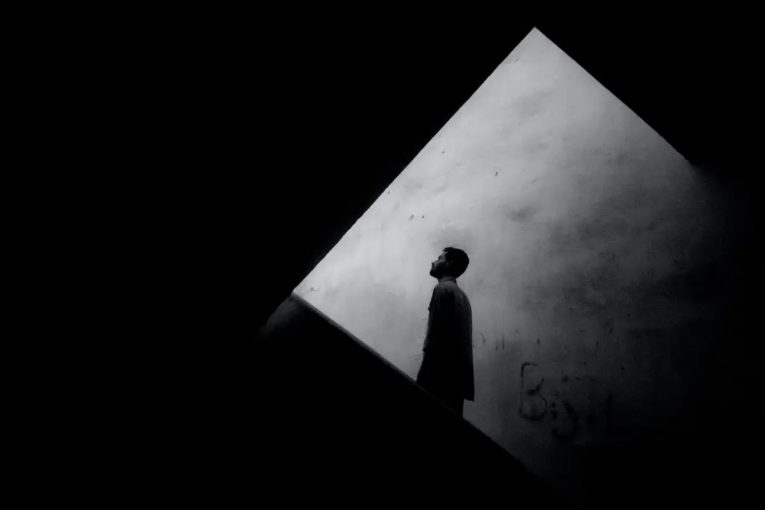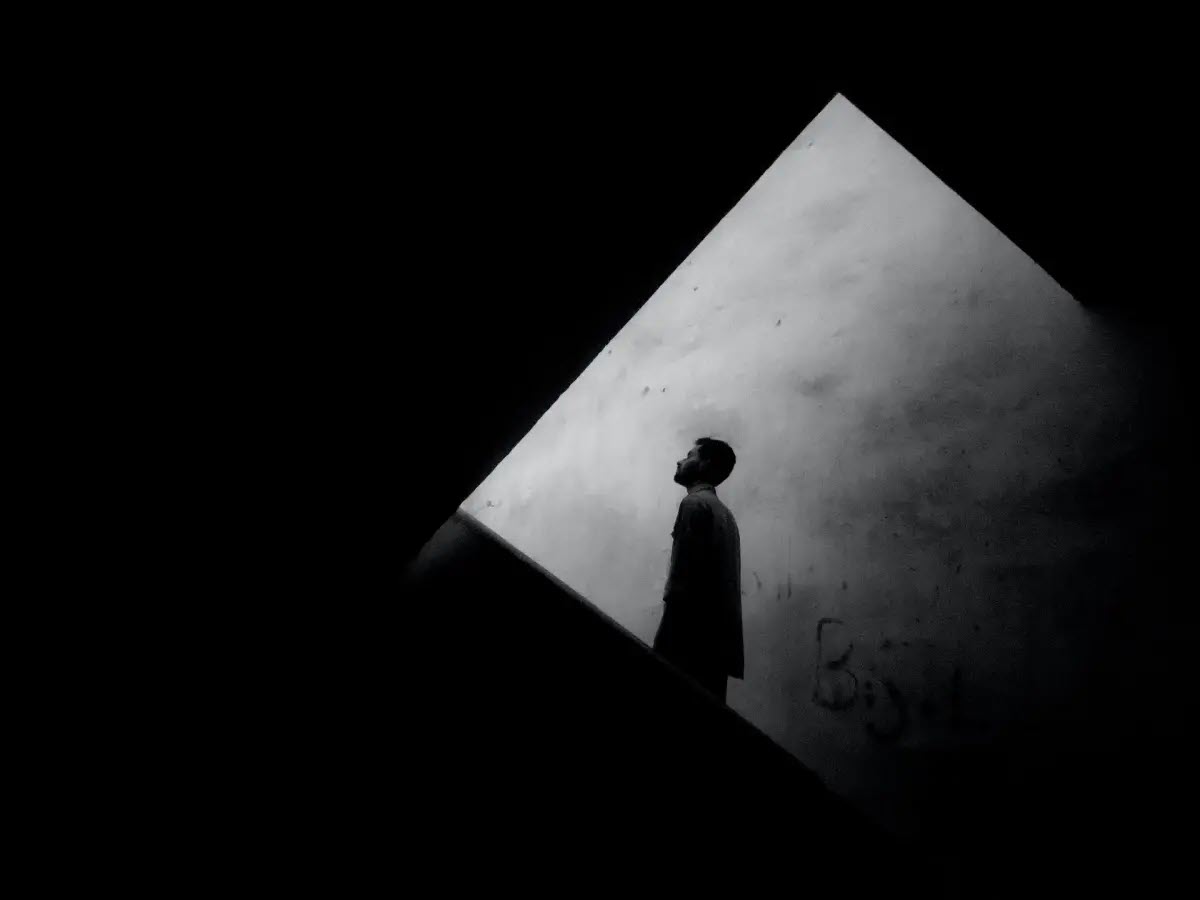

Trying to Find Purpose and Hope When Life Feels Meaningless
By Tariq Maqbool
Today, as I returned to my housing unit from my regular work detail in the prison chapel, I heard one of my fellow prisoner’s radio blasting one of Tupac Shakur’s songs. Tupac’s booming voice roared, ”I see no changes wake up in the morning and I ask myself/ Is life worth living should I blast myself?”
I usually don’t like loud music, but old school rap has a place in my heart because they are often poetic with deep messages about struggle and resiliency, experiences that I have always cherished. It captures the yin and yang of everyday life in a unique, lyrically soft, yet remarkably real and straightforward way.
Hearing Tupac’s voice caused me to reminisce as I sat down on my bunk in the cell slowly bopping my head to the beat of music.
Memories have a weird effect on people. It is as if time stands still for a breath or two and a reel rolls on by to place you back in time to that exact moment that your soul yearns for.
Admittedly, some memories are good and some, well, not so much. This particular one was of a fellow inmate, a young Dominican kid who I met in  the county jail.
the county jail.
He liked poetry and was a big fan of Tupac Shakur. Being in jail facing a murder charge was hard on him. He constantly professed his innocence. He would have moments of extreme happiness, and at other times, he would be crying hysterically. I was young myself, and I didn’t have much experience. I hadn’t learned enough about depression to know that he needed professional help. He eventually got moved to another county jail, and there he gave up. He fought, and then lost to the demons of desperation.
I think of my friend every now and then, and although I don’t condone his actions in giving up his life, I understand it. I guess he finally, and wrongly, answered the question posed in Tupac’s song — ”Is life worth living should I blast myself?”
I understood his plight because I deal with the same circumstances every day. The forces of good and evil are more potent in here than outside.
In this pressurized labyrinth of depression, many lose their way. Some give up and surrender to evil, others detach themselves from the world and loved ones like broken feathers on a windy day. And some, well, they simply give up on hope and on life.
Although I consider myself to be a hopelessly hopeful optimist, the reality of prison life is extremely disheartening. I am sentenced to 150 years, and without any avenues of parole or second chances, the concept of life is almost pointless.
Finding purpose in here is hard. Mandatory minimum sentences and a lack of meaningful employment and education opportunities make a prisoner’s life feel like a flickering flame. Time and again during this voyage you ask yourself that dreaded question: why and for what?
In here, prisoners often turn to religion for solace and comfort. But, to tell you the truth, even looking through the prism of optimism, I struggle to explain the pessimism away, because life inside is so gloomy and meaningless that the feeling seems almost blasphemous.
Ask any person of religious inclination about the concept of life and they will present you a multitude of proofs from their religious texts pertaining to the meaning of it all. Ask a Muslim like myself about it, and he or she will surely quote you a hundred verses from the Qur’an and narrations of the Prophet to explain away that ”it” will all makes sense at the end. Ask a Christian, and he will quote you the Bible and the sayings of Jesus. A Jew would probably quote from the Torah and perhaps Moses. A Hindu surely will recall select lessons from the Gita and advice from maharishis. Ask the Buddhist about the same, and you shall receive the teachings of the ”enlightened one” — Buddha himself.
Now take a scientist, a physicist or a late Stephen Hawking type. I can wager that even an atheist or agnostic would not agree with the opinion that life is meaningless.
So, now ask an incarcerated person, and you might find that their perception of the idea of life is quite regressive. Every day, I pause before stepping out of my cell, as I contemplate whether it is even worth it to leave my cell or not. That feeling is surreal because I always know what will transpire. At the end of the day, it doesn’t matter whether I am good or bad, it will end the exact same way: A door will slide shut and I will be back in a cell.
In prison, life is a never-ending battle, but we keep hope alive alongside our sad circumstances.
Still, I know that hopelessness is a real thing. Therefore, my request for the ones in power, the political leadership of our state and nation is to give hope and redemption a chance by providing a second chance for those of us condemned behind bars.
Mandatory minimum sentence structures must be changed.
Otherwise, by design you are pushing people to despair without return. To contemplate one’s wrongs is supposedly a goal for punishment, but that purpose goes to waste when lengthy mandatory sentences are so oppressive that a prisoner never gets a chance to analyze his or her actions. They end up feeling like a victim of a death by incarceration sentence.
I know that there are many divergent points of view regarding the issues of crime and punishment, and it is extremely hard to find consensus.
But the alternatives of leaving the status quo results in people like my young friend giving up on hope and dying by suicide, or to violent events like the Attica Prison Riot.
This should never be. I hope that we can all at least agree on this initial point, so we can move forward.
Originally published by Prison Journalism Project. Prison Journalism Project trains incarcerated writers to become journalists and publishes their stories.
